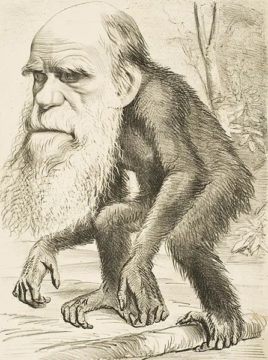Razib Khan in Unsupervised Learning:
 Peter Singer has been making the case for extending human rights to chimpanzees, gorillas and orangutans for over three decades. Singer outlined his argument in 1993’s The Great Ape Project: Equality Beyond Humanity. The reaction was generally positive, with Carl Sagan pointing out that we “share over 99% of our active genes with chimpanzees and gorillas…It challenges us to reassess many of our ethical assumptions.”
Peter Singer has been making the case for extending human rights to chimpanzees, gorillas and orangutans for over three decades. Singer outlined his argument in 1993’s The Great Ape Project: Equality Beyond Humanity. The reaction was generally positive, with Carl Sagan pointing out that we “share over 99% of our active genes with chimpanzees and gorillas…It challenges us to reassess many of our ethical assumptions.”
You’ve probably come across Sagan’s statistic before, usually stated in a form like: humans share 98 to 99 percent of our genes with chimpanzees. But where does this oft-repeated number come from? And how could Sagan confidently assert it when writing his review seven years before the first draft of the human genome was even completed in 2000? Is it even accurate?
More here.
